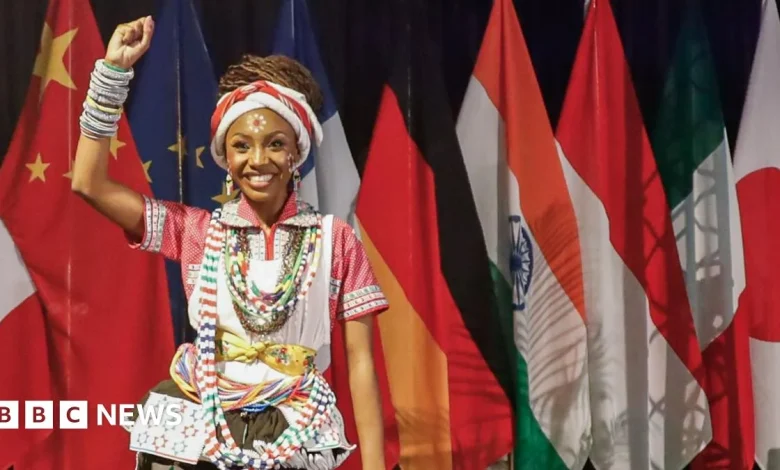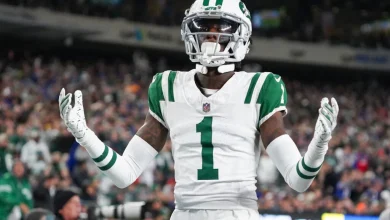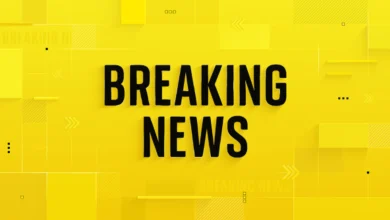G20: Will Trump’s no-show eclipse South Africa’s moment?

Mr Lamola was keen to downplay the significance of these absences, saying sometimes heads of state are not able to attend major events, and it is “nothing abnormal” for them to send a replacement.
Other global powers have expressed their support of South Africa’s presidency of the G20, including France, the UK and the European Union, which signed a deal with South Africa on Thursday agreeing to boost the extraction and, more importantly, the domestic processing, of critical minerals.
African countries have long argued that processing minerals in their countries before exporting them would boost their economies by providing much-needed development, jobs and income.
These are the types of initiatives that Pretoria has spent the year lobbying for across various working groups and ministerial meetings.
South Africa is the last G20 country to take over the presidency in this current cycle. It’s also the last country in the global south to host the gathering. Indonesia, India and Brazil have led the summit over the past three years.
As such, the South African government says it wants to use its presidency to bridge the developmental divide between the global north and south. It wants to push for equity, sustainability and shared prosperity.
Although building consensus through multilateral institutions like the G20 is becoming increasingly fraught in a divided world, Prof Calland argues that it is needed more than ever.
“Human life on Earth is facing an existential set of challenges, whether it’s climate change, demographic shifts, technological revolution and so on.
“All of these are hugely difficult pressure points for human society. And you can’t deal with them unless there is international collaboration and cooperation,” he says.
President Trump and his supporters argue that multilateral organisations do little to change real people’s lives, preferring instead bilateral deals done directly between two countries.
But South Africa and other developing countries argue that issues like reducing the cost of borrowing for poorer countries require the input of international institutions like the IMF and cannot be done through one-on-one deals.
In many ways, South Africa’s presidency of the G20 is part of a wider debate around multilateralism and its effectiveness.
If South Africa is able to convince other G20 members to issue a joint declaration on Sunday, it might have succeeded in proving that consensus can be reached without the participation of the world’s most powerful country.





